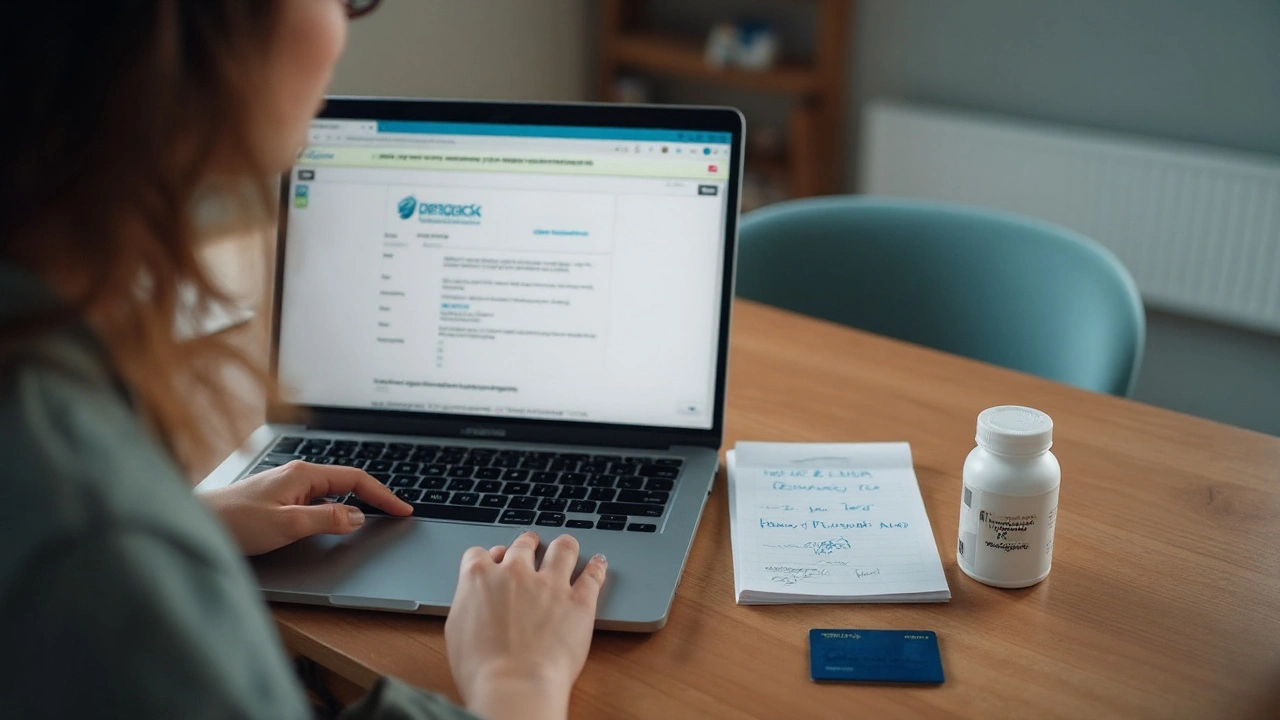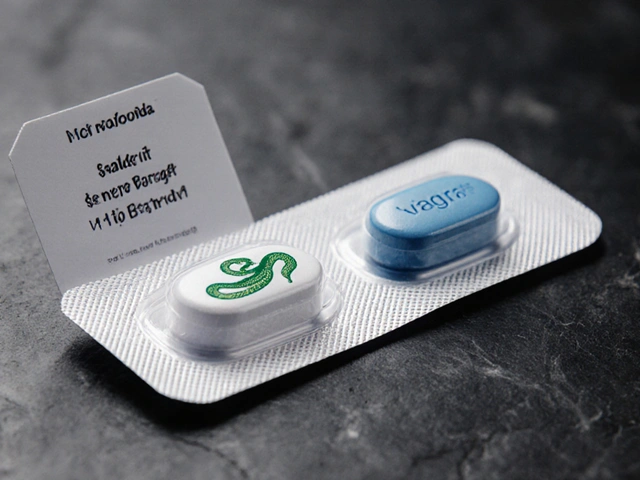Prescription ACE Inhibitors – What They Do and How to Use Them Safely
ACE inhibitors are medicines that many doctors prescribe to control high blood pressure and help the heart work better. They’re especially useful if you have hypertension, heart failure, or a history of a heart attack. The main idea is simple: they relax blood vessels so blood can flow more easily.
When you take an ACE inhibitor, it blocks an enzyme called angiotensin‑converting enzyme. That enzyme normally makes a hormone that tightens blood vessels. By stopping it, the vessels stay relaxed, the pressure drops, and the heart doesn’t have to pump as hard.
When Doctors Prescribe ACE Inhibitors
Doctors often start you on an ACE inhibitor if your blood pressure stays above 140/90 mmHg after lifestyle changes. They also use these drugs for people with chronic kidney disease, diabetic kidney problems, or after a heart attack. Common brand names you might see are lisinopril, enalapril, ramipril, and benazepril.
Typical starting doses are low – for example, 10 mg of lisinopril once a day – and your doctor may increase the dose based on how you respond. Most ACE inhibitors are taken once daily, which makes them easy to fit into a routine.
If you’re pregnant, have a history of angio‑edema, or have very high potassium levels, your doctor will likely choose a different class of medicine. Always tell your provider about any other drugs you’re using, especially diuretics, potassium supplements, or NSAIDs.
Key Safety Tips and Common Side Effects
Most people tolerate ACE inhibitors well, but a few side effects pop up for some. The most common are a dry cough, light‑headedness after the first few weeks, and a slight increase in potassium. If you notice swelling of the lips, tongue, or throat, that could be angio‑edema – a rare but serious reaction that needs immediate medical help.
Keep an eye on your blood pressure and heart rate during the first month. If you feel dizzy, stand up slowly and consider checking the dose with your doctor. Your lab work may include kidney function tests and potassium levels every few months.
Never stop an ACE inhibitor abruptly without talking to a healthcare professional. Going cold turkey can cause a sudden jump in blood pressure, which can be dangerous.
In addition to medication, combine ACE inhibitors with a low‑salt diet, regular exercise, and stress‑reduction techniques. Those lifestyle steps boost the drug’s effect and improve overall heart health.
Have questions about side effects or how to take your pill? Write them down and ask your doctor or pharmacist during the next visit. Knowing what to expect helps you stay on track and get the most benefit from your prescription.
Bottom line: prescription ACE inhibitors are a cornerstone of heart‑health treatment. With the right dose, regular monitoring, and a few safety habits, they can keep blood pressure in check and protect your heart for years to come.
September 9, 2025
Alyssa Penford
19 Comments
Want cheap generic lisinopril online? Here’s how to do it legally in the UK, what it should cost, safety checks to avoid fakes, and the quickest, cheapest routes.





